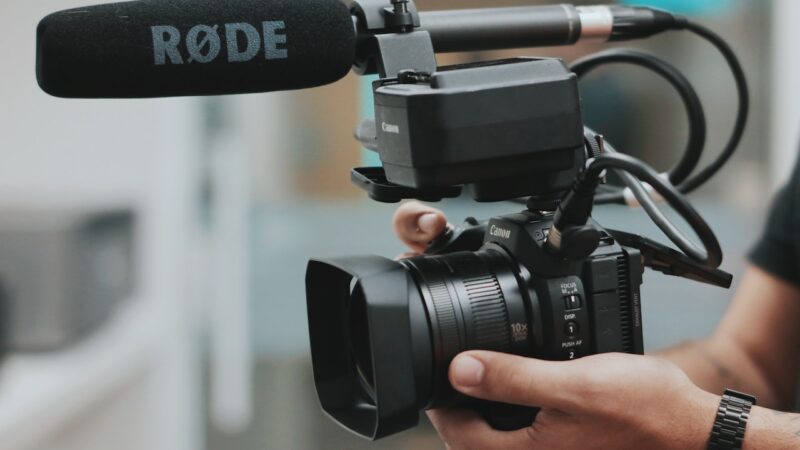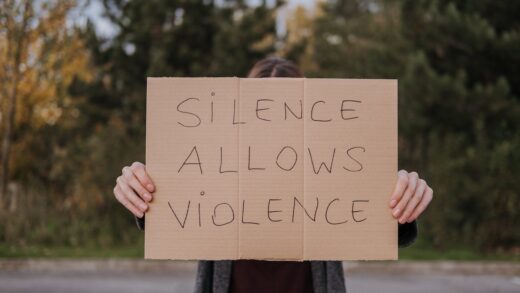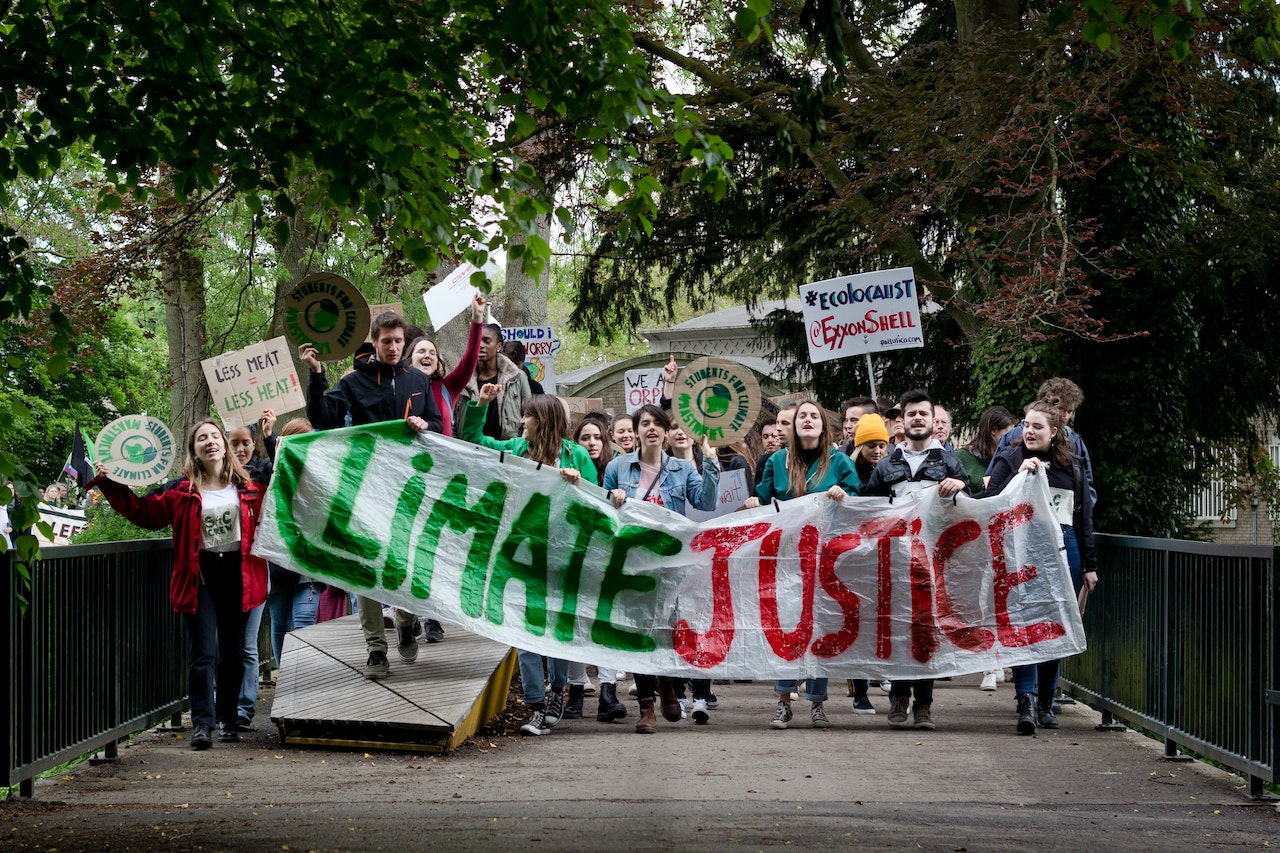Media Freedom

The ability of journalists to report freely on matters of public interest is a crucial indicator of democracy. A free press can inform citizens of their leaders’ successes or failures, convey the people’s needs and desires to government bodies, and provide a platform for the open exchange of information and ideas. When media freedom is restricted, these vital functions break down, leading to poor decision-making and harmful outcomes for leaders and citizens alike.
Free and independent media are a cornerstone of democratic societies. The OSCE monitors media developments in its participating States for violations of free expression. This includes monitoring and demanding accountability for murders, attacks and harassment of journalists and prosecution of journalists and members of the media for their professional activities; reviewing legislation that can affect free expression and legislation regulating the media. The OSCE also engages in media development through training and support for editors and journalists.
The Representative on Freedom of the Media, an independent OSCE Institution, has a unique mandate to protect and promote media freedom in all 57 OSCE participating States. The Representative’s activities include observing media developments as part of an early warning function and helping participating States abide by their commitments to freedom of expression and free media.
Many of the OSCE’s field operations also pursue activities dedicated to media freedom and development, which include:
- Monitoring the work of media regulators;
- Monitoring and reviewing the improvement and implementation of media legislation;
- Supporting national reforms in broadcasting;
- Providing technical expertise to national authorities, for example on transitioning from analogue to digital broadcasting;
- Fostering transparency, credibility and independence of media;
- Advising media outlets;
- Organizing training for journalists, law enforcement, lawyers, judges, civil servants, students;
- Monitoring freedom of the media;
- Documenting cases of media rights violations;
- Holding public discussions; and
- Supporting independent media outlets.
The OSCE also focuses on topics such as safety of journalists, media self-regulation, access to information, professional reporting on the internet, freedom of expression and new media technologies. The Organization promotes sharing of best practices across the OSCE region to strengthen freedom of the media in line with international standards and OSCE principles and commitments.









